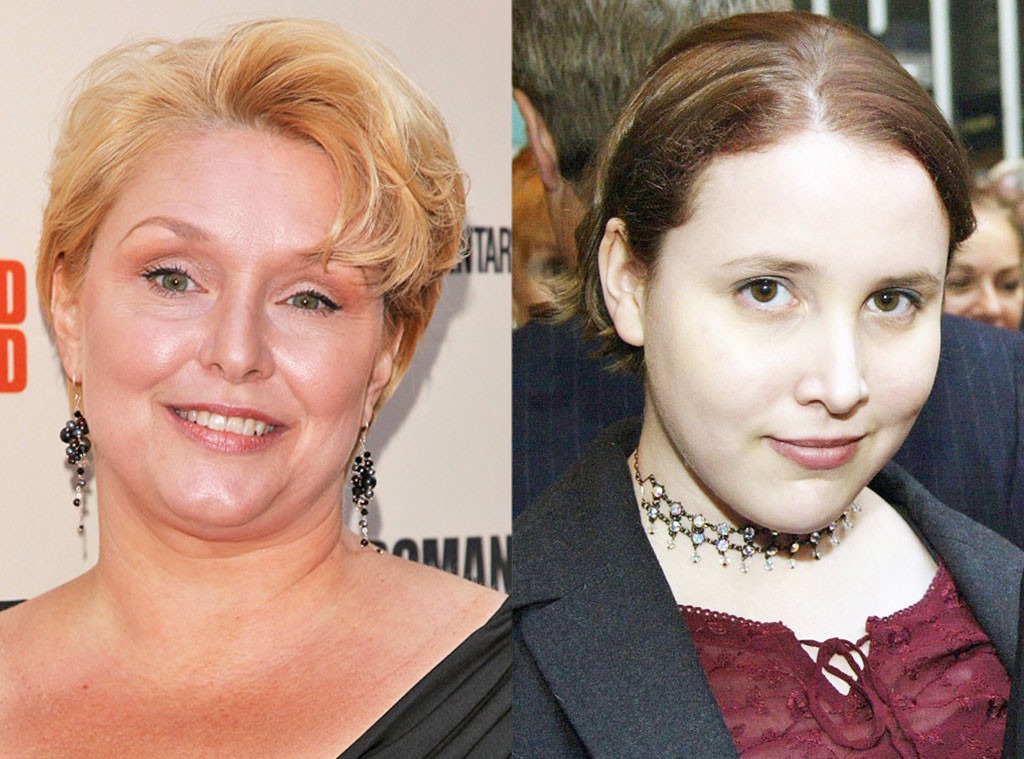 Bruce Glikas, Bryan Bedder//Getty Images
Bruce Glikas, Bryan Bedder//Getty ImagesSamantha Jane Geimer knows all too well about both private and public suffering.
Now close to 50, the author of The Girl: A Life in the Shadow of Roman Polanski was assaulted by the Oscar-winning director when she was 13. Polanski's plea deal with prosecutors at the time prevented her from having to testify and then, 30 years later, she prominently came out against the state of California's continued effort to prosecute Polanski, who fled the U.S. before he was scheduled to be sentenced and has not returned since.
In response to Dylan Farrow's recent open letter in the New York Times stating that Woody Allen sexually abused her when she was 7 (charges were never filed against the filmmaker), Geimer expresses her hopes in a post on Slate.com that she hopes Dylan speaking up will both help her heal and be a reminder that no one should be too quick to judge either side, the accuser or the alleged perpetrator.
"Can this help anyone else? We should operate on the premise that it must," Geimer wrote.
"I have been trying to find a glimmer of hope that this has all been worth something," she continued in her post, published Friday. "The first person it should have helped is the victim at the center of it. I hope that her public statements in Vanity Fair and in the New York Times have brought her some comfort. Being able to speak your truth in the face of the very real fact that some will never believe you can be an empowering thing. Most victims do not have the benefit of major publications printing their words, nor the consequences of using such high-profile platforms to be heard. Let's not forget those who are suffering right now, perhaps trapped in months or years of abuse with no escape, those who have no voice.
"Dylan says in her open letter that she hopes she can help other victims come forward and heal. On the face of it, my first reaction was that this painful public battle, in which there can be no winners and only a very long list of losers, will not encourage anyone to speak out about their abuse. Let's not let that happen."
She recalls not wanting to testify or press charges against Polanski for assaulting her, but acknowledges that "[victims] all have varied experience and feelings."
She writes that the healing process doesn't need to stop and start with prosecution, that if the alleged perpetrator is never prosecuted, or if a victim opts not to come forward, "the most important thing is to try to begin recovering from within."
"We can recover even if there is no punishment for the abuser," Geimer writes. "We can come forward or we can heal privately. The only thing we can't do is change what has already happened."
"Bitterness and retribution, regret and anger are things that poison you; they do not heal you," she concludes. "We are surrounded by people who may have suffered less or have suffered in ways we cannot imagine. Accept yourself, accept what has happened and how you have handled it. Give no one the authority to judge you and do not judge others in how they have chosen to recover. The last and perhaps most difficult thing: Refrain from jumping to conclusions about the guilt of a person who is accused but not charged with or convicted of a crime. I think we all have a lot of work to do."